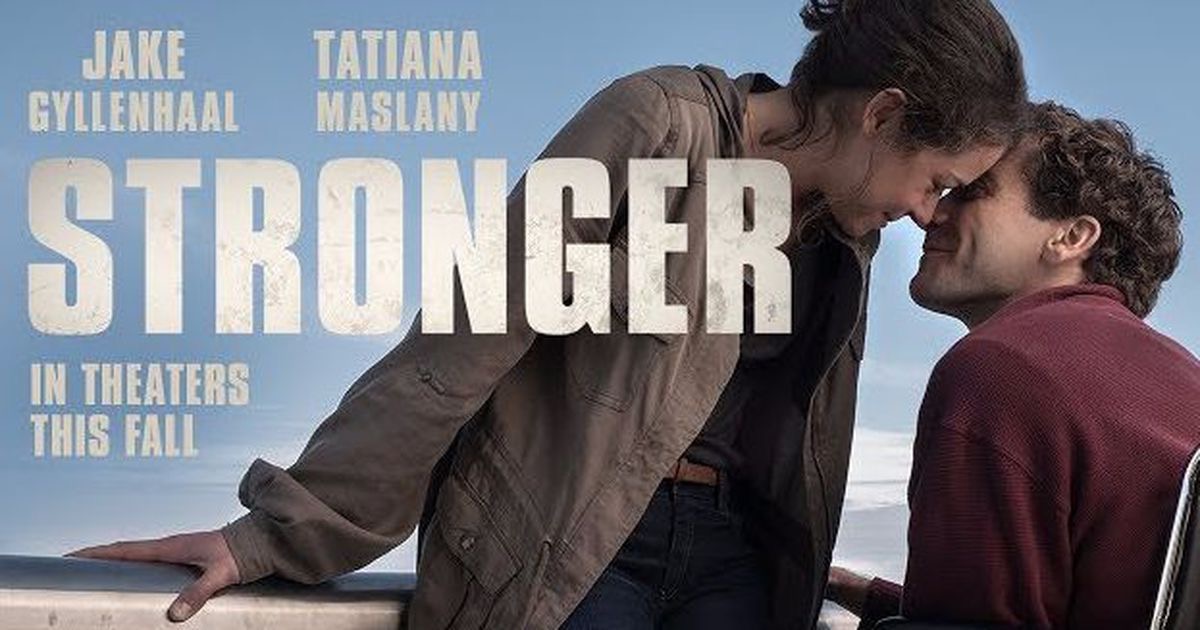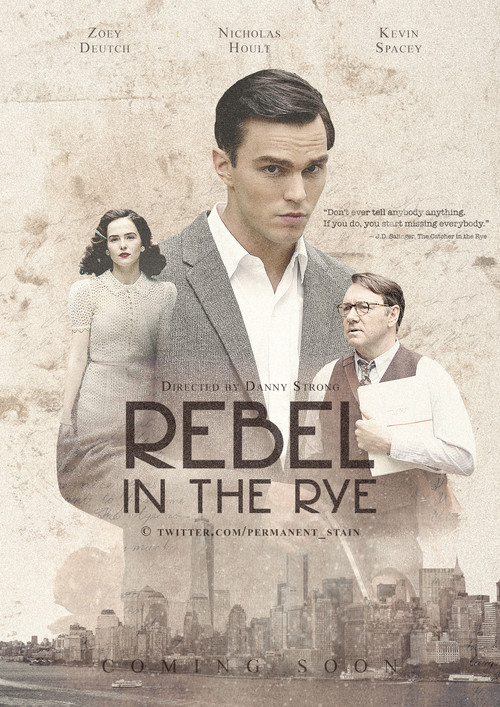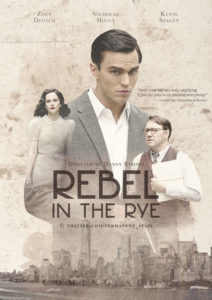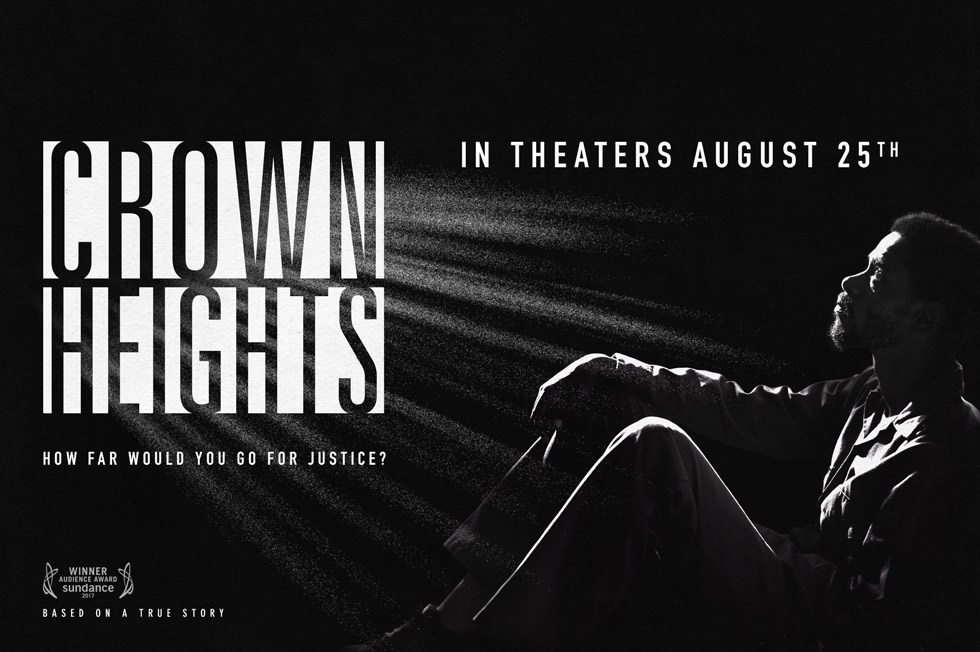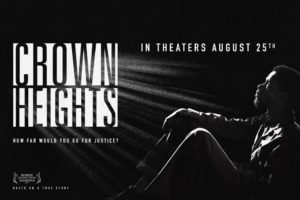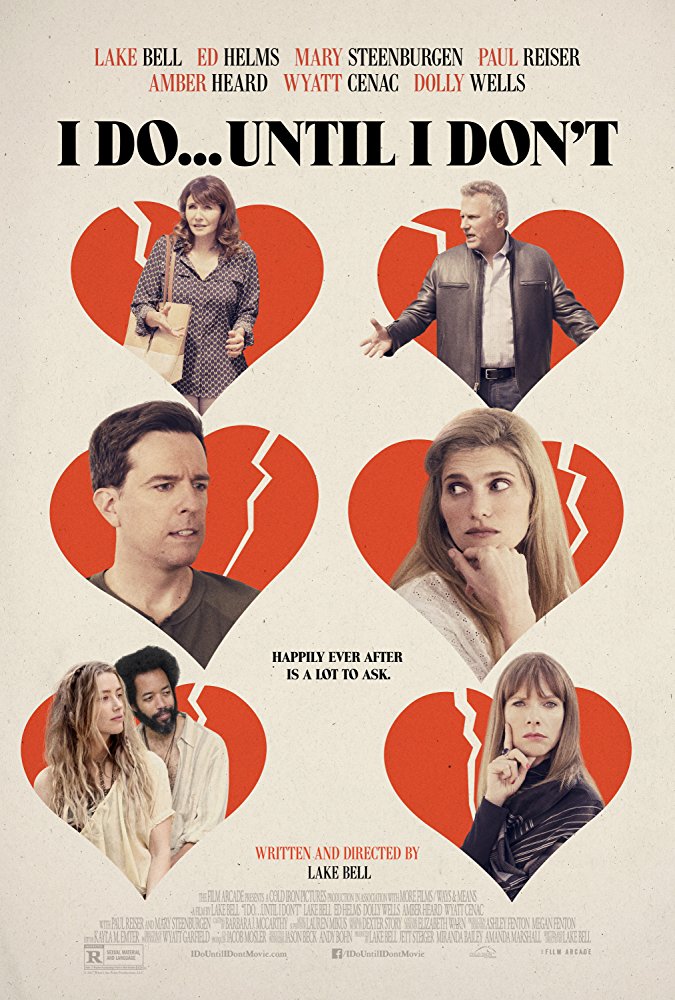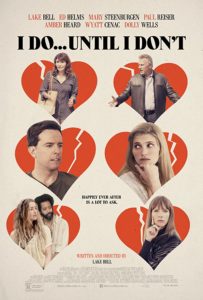Stronger
Posted on September 21, 2017 at 5:30 pm
B +| Lowest Recommended Age: | Mature High Schooler |
| MPAA Rating: | Rated R for language throughout, some graphic injury images, and brief sexuality/nudity |
| Profanity: | Constant very strong language, some crude |
| Violence/ Scariness: | Drinking and drunkenness |
| Diversity Issues: | None |
| Date Released to Theaters: | September 22, 2017 |

Imagine you are standing at the finish line of the Boston Marathon to cheer on your estranged girlfriend and then wake up in a hospital bed to the news that your legs are gone. What would be the first thing you would say?
Jeff Bauman (Jake Gyllenhaal), still groggy from the anesthesia, shock and pain, unable to speak because of tubes, gestured for a pen. He wrote three messages. The first asked if the girl he was there to support was all right. She was. He then wrote “Lt. Dan,” as in the Gary Sinise character in “Forrest Gump,” who loses his legs in Vietnam.
And then he wrote: “I saw the bomber.”
Bauman’s description gave law enforcement essential details that helped them track down the Tsarnaev brothers.
Director David Gordon Green and screenwriter John Pollono, working from Bauman’s book are especially good at putting us in Jeff’s world, in the midst of his noisy, hard-drinking, combative, sports-loving, and fiercely loyal family. They travel as a pack.
Jeff’s divorced parents, Patty (Miranda Richardson) and Big Jeff (Clancy Brown), his brother and friends are there for him in the most literal sense, at the hospital. One of the movie’s best scenes is at the hospital just after the surgery, when Jeff’s supervisor from Costco (Danny McCarthy) arrives and they begin to yell at him and each other, partly because they are all frantic and need to let off steam and partly because they are the kind of people who yell a lot. When they discover he is there to provide insurance information and assure Jeff that he still has a job, it is deeply moving.
They are all there again when he returns to his mother’s apartment. They are more concerned about the party to welcome him home and the chance to show him all the letters and packages he has been sent than to consider the logistics of his having to maneuver up a steep staircase. Erin (Tatiana Maslany), who broke up with Jeff just before the marathon, becomes a full-time caretaker. He is under enormous pressure to be the resilient guy who came out of the hospital with a thumbs up sign for the cameras.
Gyllenhaal, who makes some of the most thoughtful and challenging choices of any actor his age, gives a performance of great sensitivity, capturing Jeff’s offhand, offbeat humor as well as his physical and emotional anguish. He shows us the integrity Jeff himself did not understand he had. In another exceptional scene, Jeff does very little talking. He finally agrees to meet Carlos (Carlos Sanz), the man in the cowboy hat who saved his life, and who was included with him in one of the iconic images captured that day. The story Carlos tells is a turning point for Jeff, and it is all in Gyllenhaal’s posture and expressions. There are huge cataclysmic events, but it is in the small details that this film has the most power.
Parents should know that this movie concerns a terrorist bombing with severe injuries and amputation, post-traumatic stress, drinking and drunkenness, nudity, a sexual situation, and constant very strong language.
Family discussion: What do the three comments Jeff wrote tell us about him? What did he learn from Carlos?
If you like this, try: “Patriot’s Day”

